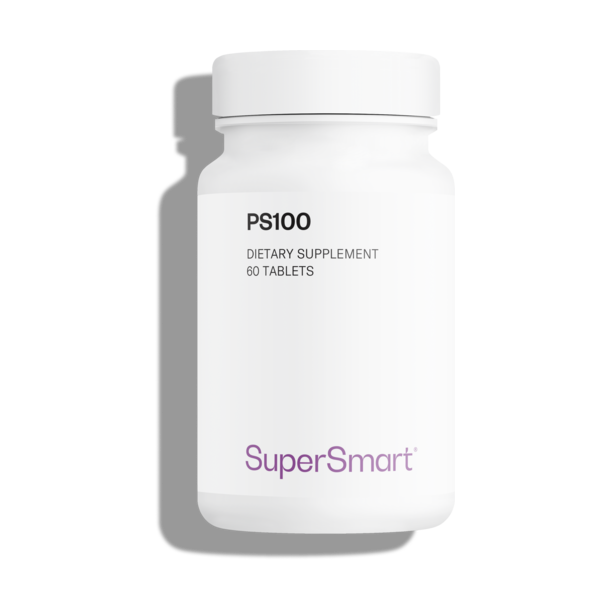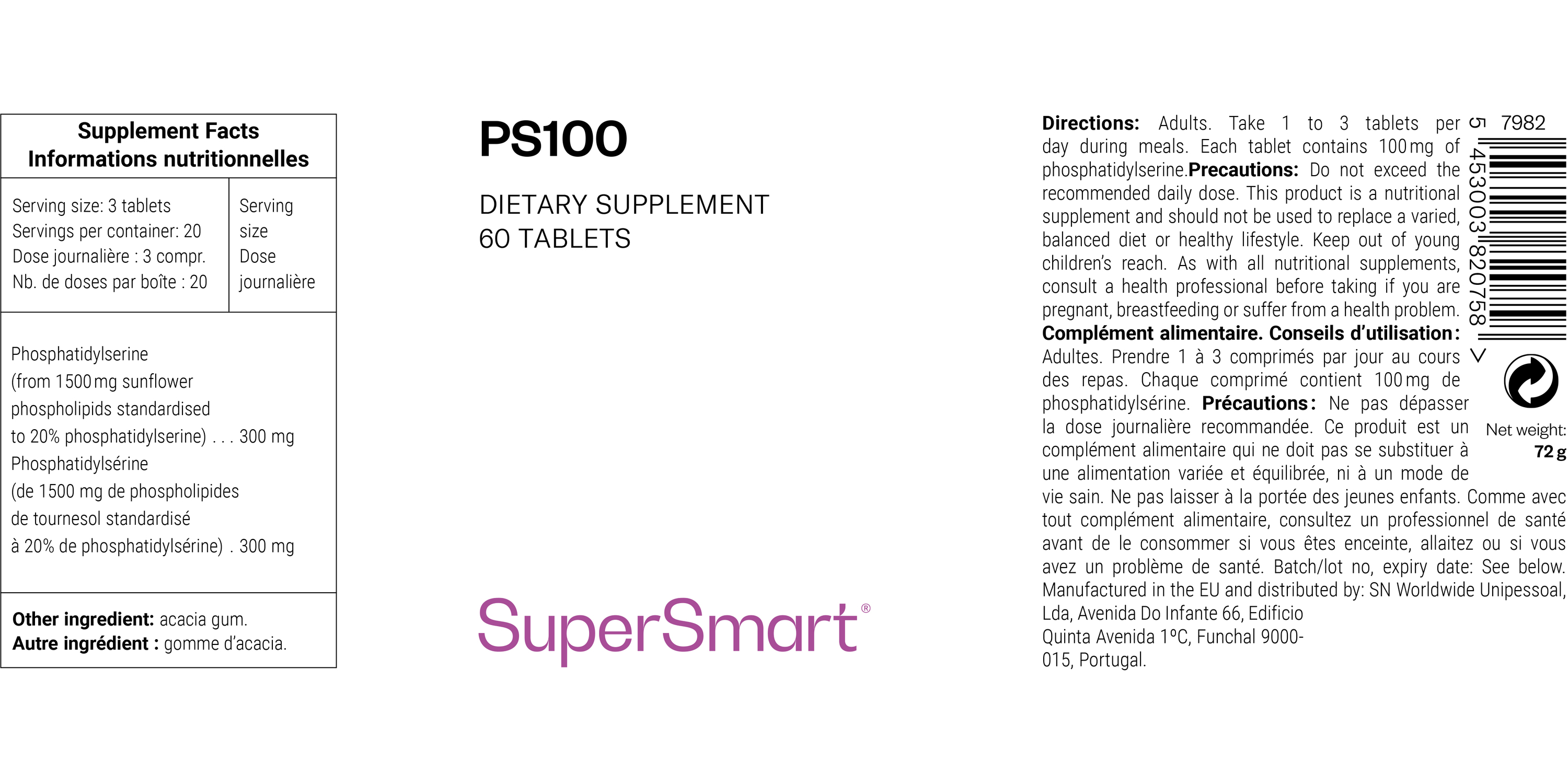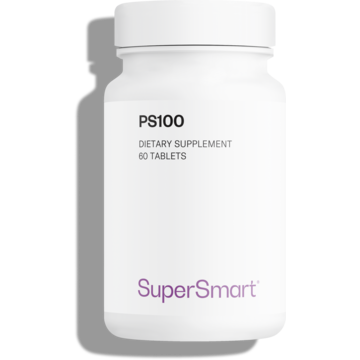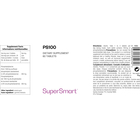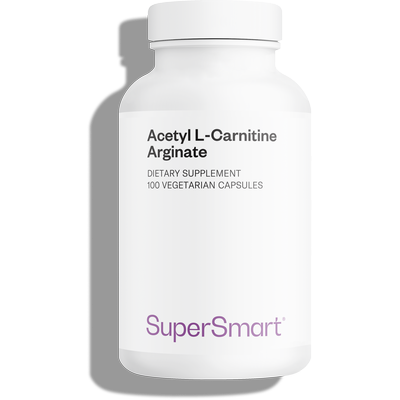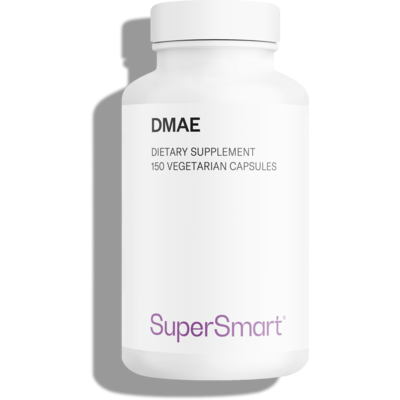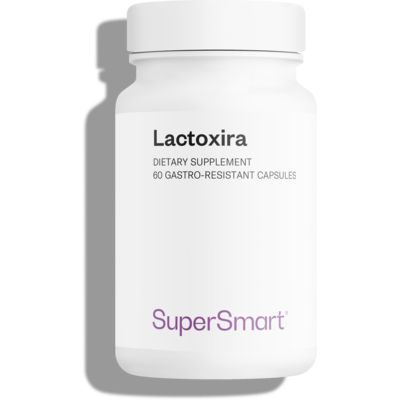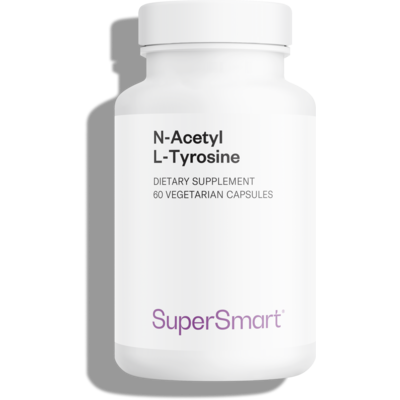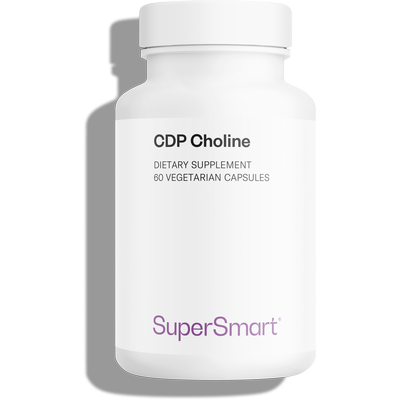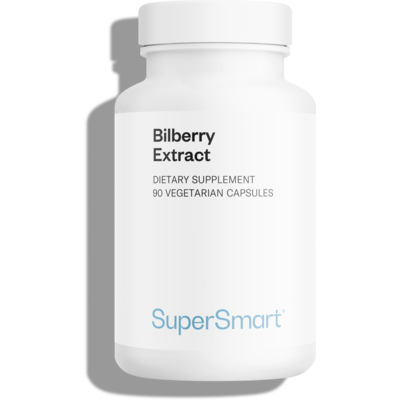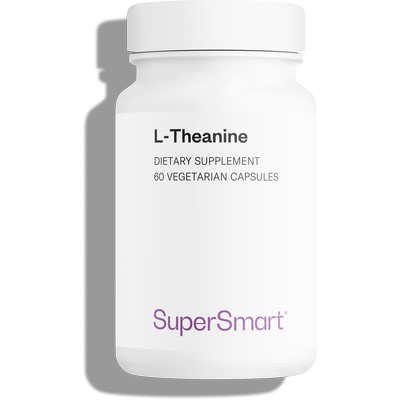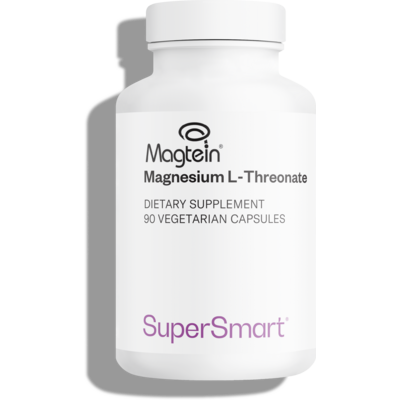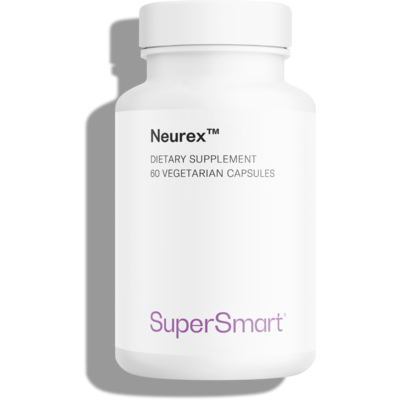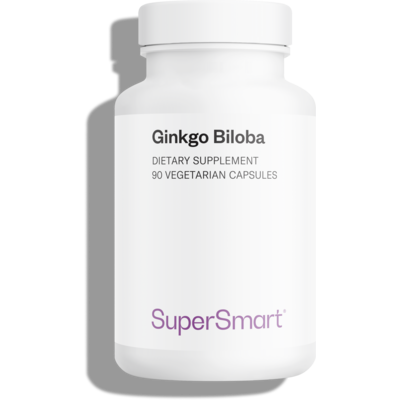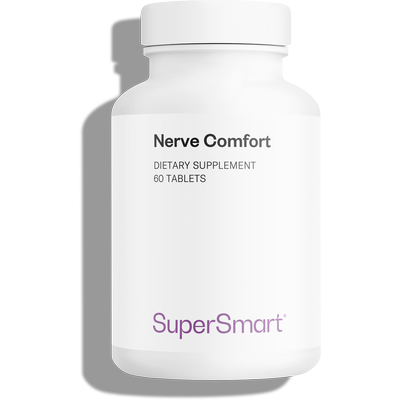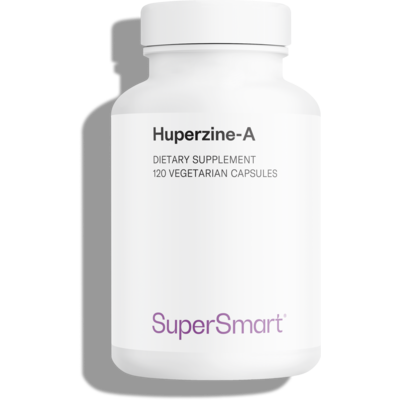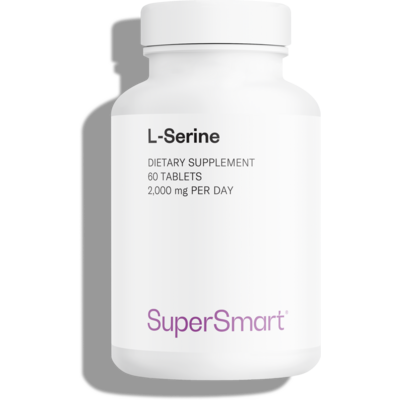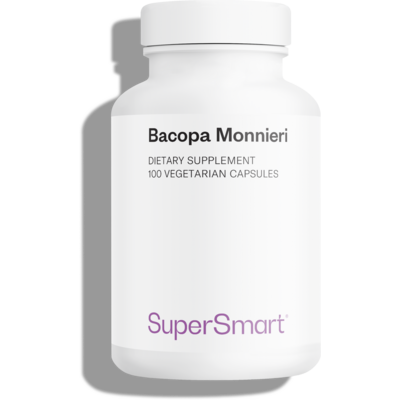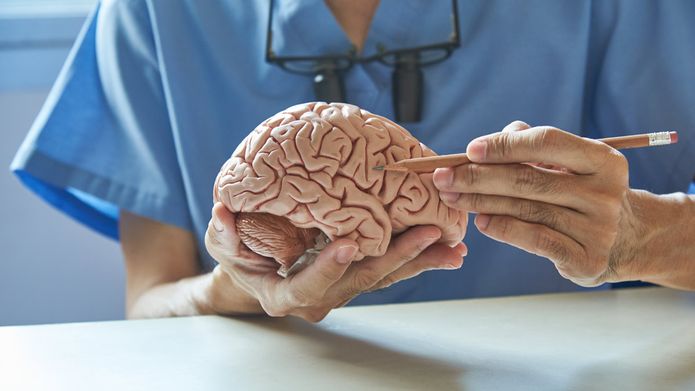Create Your Offer
Phosphatidylserine (PS) is an essential lipidic component of the cerebral cellular membranes. Aging, stress, and oxidation alter these delicate membranes, resulting in a deterioration of cognitive capacities and memory.
What are the Health Benefits Associated with Phosphatidylserine (PS)?
The mechanisms by which PS acts are varied:
- Helps maintain cellular membranes flexible and permeable.
- Contributes to increasing the number of receptor sites of the neurotransmitters.
- Stimulates the production of acetylcholine.
- Helps restore the plasticity of synapses.
- Improves the cerebral metabolism of glucose.
What do Studies Show About PS?
Recent studies show that a supplementation in PS helps prevent and even stop this deterioration. One of the most significant studies was carried out under the direction of Doctor T. Crook of the "Memory Assessment Clinic" in Bethesda, Maryland. This double-blind, multicenter study was led simultaneously at Vanderbilt University, Stanford University School of Medicine, and in Italy.
In this study, 149 patients between 50 and 75 years of age received during 12 weeks, either 100 mg of PS three times a day, or a placebo. At the end of three weeks, the supplemented patients made significant progress in three essential variables: remembering names and faces, learning new names and faces, and visual recognition. The more severely affected patients showed the greatest improvement. Moreover, other improvements were noted: a better ability to memorize telephone numbers and the position of certain objects, as well as more concentration in reading and conversation.
Some of this progress lasted up to four weeks after the supplementation was stopped, thus suggesting a basic contribution of PS in the treatment of cognitive deficiencies. On the basis of the improvements obtained, Dr. Crook calculated that "the cognitive clock" of the participants had been turned back 12 years, a result of really significant magnitude. Several other studies have reached the same conclusion: PS supplements can improve learning, memorizing, cognitive capacities, cerebral concentration, and other functions.
WARNINGS
Do not exceed the recommended daily dose. This product is a nutritional supplement and should not be used as a substitute for a varied and balanced diet or a healthy lifestyle.
STORAGE
Store in a cool, dry place away from direct sunlight, heat, and humidity. Keep out of reach of children.
PREGNANCY AND MEDICAL CONDITIONS
If you are pregnant, breastfeeding, or have any medical conditions, consult your healthcare provider before using this product.
SUPPLEMENT INTERACTIONS
Consult your healthcare provider before use, especially if you are taking any medications or other supplements as there may be potential interactions.
Need Help?
Phone Number
+1 (786) 522-3907
From 9 am to 6 pm (EST)
Email Address
You May Also Like

